Lists
















30 Books
Books I Enjoy
Sort by:
Recent Desc
Books I enjoy
More lists by Melissa Calvert
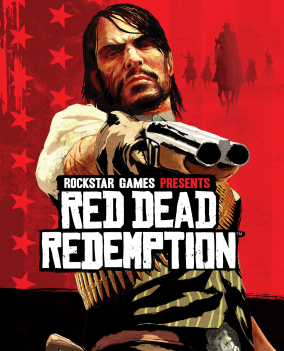


Video Games I Love
Video games I love.
June 2020
0
@melissacalvert



Films I Need To See
Films I need to see.
May 2020
0
@melissacalvert
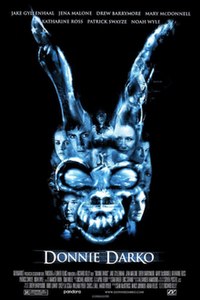
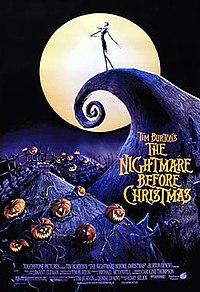
Films I Enjoy
Films I enjoy.
May 2020
0
@melissacalvert

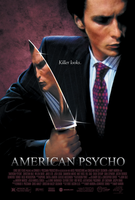
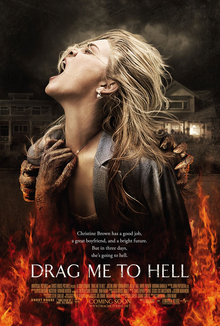
Horror I Enjoy
Horror films I enjoy.
May 2020
2
@melissacalvert

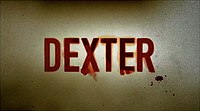

TV Shows I Love
Television shows that I love.
May 2020
0
@melissacalvert

Films Seen But Unsure Of
Films I have seen but don’t know how I feel about them.
May 2020
0
@melissacalvert